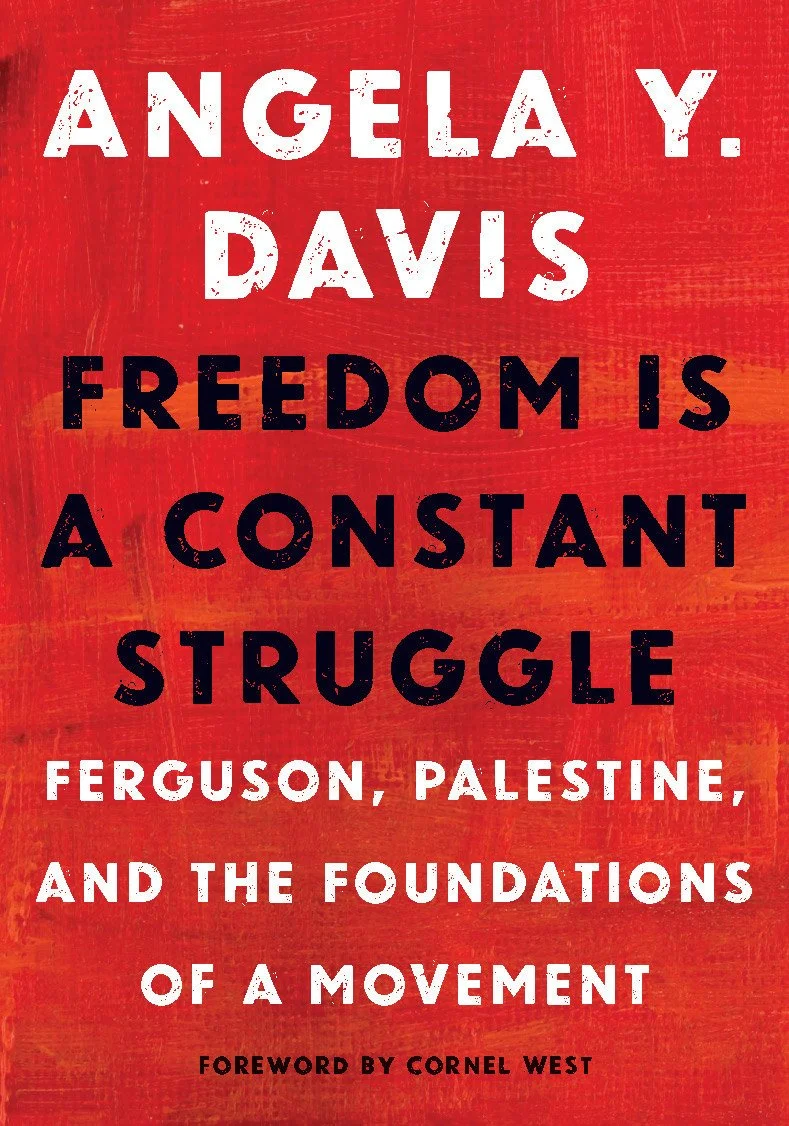8 Books to Un-White-Wash Your Black History Knowledge
by Haley Graham
Myself and some of my favorite creators compiled a list of nonfiction books that taught us something powerful about Black History that, chances are, we wouldn’t have otherwise known. These books cover several different systems impacted by race, marginalization, and systemic injustice, and each of them carries a powerful message.
Shop this article (*affiliate): https://bookshop.org/lists/non-fiction-readin-magazineEver wonder why the connotations of cocaine and crack are so different? The answer will have you royally pissed off! This book masterfully blends narrative and historical/cultural information to tell you the nuanced personal takes from those who lived in the hub of the Crack epidemic.
A recommendation from readwithjinger
“Growing up as the child of Nigerian immigrants, Ziwe experienced pressure to succeed, driven by her parents' sacrifices leading her to become a successful journalist, comedian, and cultural critic. In Black Friend, she brings her signature wit and incisive commentary to reflect on her experiences navigating predominantly white spaces. It’s an eye-opening must-read. (Be sure not to skip the footnotes!)”
3. Just Mercy by Bryan Stevenson
And no, not JUST because Michael B. Jordan is the star of the movie adaptation, though that certainly doesn’t hurt, does it? Author of Just Mercy, Bryan Stevenson, has dedicated his life to black and brown folks who have been systemically harmed by the criminal justice system in the U.S. More specifically, he points to the flaws in what we know as state-sanctioned execution, a system designed to be far more unjust than we have been led to believe.
4. My Grandmother’s Hands: Racialized Trauma and the Mending of Our Bodies and Hearts by Resmaa Menakem
For therapists and non-therapists alike, Resmaa Menakem walks us through how racism impacts the genetics, bodies, minds, and hearts of the oppressed, and how we can overcome it both personally and systematically. Powerful, eye-opening, and a call-to-action!
A recommendation from Hayley Dennings (@pagesofhayley), author of This Ravenous Fate & Our Vicious Descent
“This should be a required reading for everyone. In this collection of speeches and essays, Davis highlights connections between struggles against oppression and state violence through history and the world, emphasizing the importance of intersectionality in the movement for human liberation. I love how this book emphasizes the importance of community and collective action. Davis reminds us that even in an increasingly hostile environment, there will always be hope, which is essential to successful liberation movements.”
6. Night Flyer: Harriet Tubman and the Faith Dreams of a Free People by Tiya Miles
Did you know that Harriet Tubman made 13 trips through the Underground Railroad AFTER she had already been disabled due to an injury sustained from her owner? This and a million other reasons that make Harriet Tubman fascinating are outlined here, including more details about how spirituality played a role in the journey to the North.
Recommendation from Lo (@ohmyyylaurd)
Lo’s recommendation is short, powerful, raw, and vulnerable. Ta-Nehisi Coates shares reflections on living in a Black body and reckons with the way that inequality has shaped his life and the life of his family. Acknowledging the history of slavery and how it played a role in the way that he experiences his life, Coates masterfully paints a picture for readers that leaves an unforgettable message behind long after it’s finished.
Recommendation from Emani (@emanislibrary)
Hanif perfectly mixes together personal reflection, culture, and history to explore how black performance is inextricably linked to American culture. These essays are lyrical and explore everything from Spades to Whitney Houston to masculinity to dance moves.
This Black History Month, we hope that you take the chance to expand your horizon in one way by reading a book that will teach you something you hadn’t known about Black history! Whether that’s about mass incarceration, arts and culture, the death penalty, or global justice movements, we’ve found that there are always new ways to expand your knowledge!









